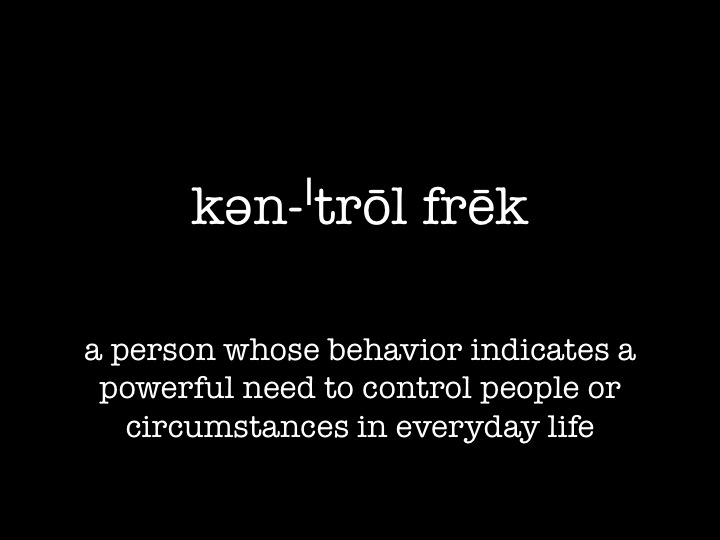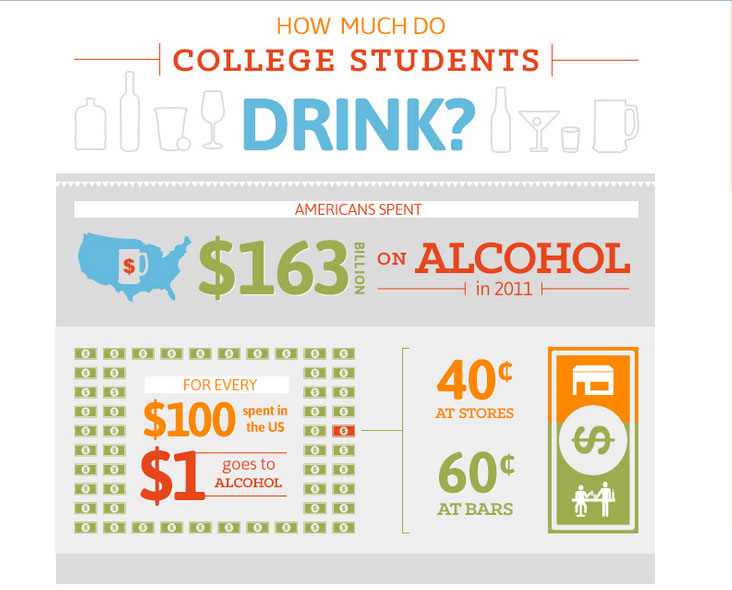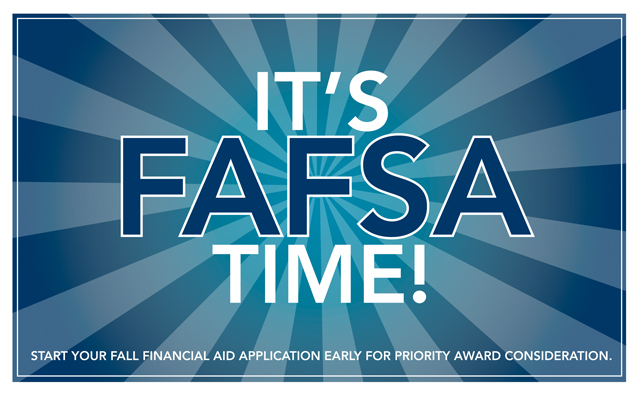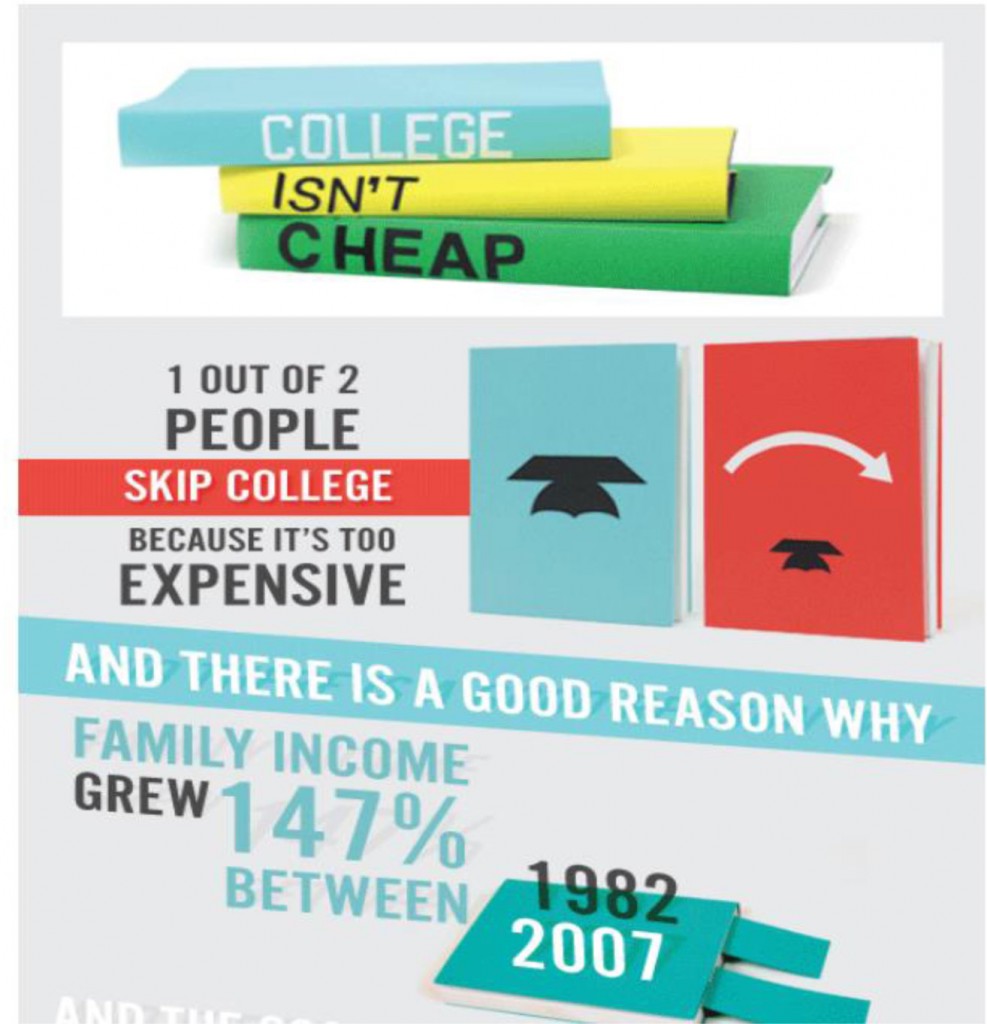Sign up for my FREE parent tips email and get my FREE Ebook on college financing! Or subscribe to my blog on the left and get email updates.
Wednesday’s child may be full of woe but Wednesday’s Parent can substitute action for anxiety. Each Wednesday Wendy and I will provide parent tips to get and keep your student on the college track. It’s never too late or too early to start!
Wednesday’s Parent will give twice the info and double the blog posts on critical parenting issues by clicking on the link at the end of the article from pocsmom.com to parentingforcollege and vice versa.
__________________________________
 Are you a control freak? I am. And there are times when it’s not pretty, especially where my kids are concerned. That tendency was no more apparent than when we were in the midst of college prep. I learned quickly, however, that my tendency to be in control of the process made my kids pull back and sit on the sidelines while I did all the work.
Are you a control freak? I am. And there are times when it’s not pretty, especially where my kids are concerned. That tendency was no more apparent than when we were in the midst of college prep. I learned quickly, however, that my tendency to be in control of the process made my kids pull back and sit on the sidelines while I did all the work.
As a parent, it’s hard not to take control, especially if we have opinions and concerns about the choices they are making. But before you are labeled by your kids and their friends as “THAT” mom or dad, take a deep breath, and ask yourself these questions.
Do you want the added drama?
Teenagers are the epitome of drama. Controlling their campus visits, their college interviews, the counselor meetings and every other activity related to the college process is going to add to the drama. High school is not supposed to be a continuous battle and you can’t enjoy this time if you are battling over control.
Do you want your kids to second guess every decision they make?
Controlling parents raise insecure kids. Your kids need to know that you trust them and stand with them in their decisions. It’s a given they will make some bad ones, but that’s the way they learn about choices and consequences. They will make mistakes but fearing failure because they have a controlling parent will cripple them.
Do you want to raise a dependent adult?
If you control every decision, every choice and everything they do, they are going to have a hard time living on their own. You will begin to notice that they can’t make a move without you and your approval. It’s not an ideal situation, especially when they leave for college. Expect a call early during their first semester asking to come home.
Do you want your kid’s accomplishments to be their own and not yours?
It starts with doing homework for them when they don’t understand and moves on to completing their science projects. Before you know it you’re picking the college they will attend and completing their college application. Their accomplishments become clouded by the fact that they did nothing on their own.
You can avoid being a control freak by practicing these parenting techniques:
- Teach them responsibility.
- Help them with organization.
- Guide them when making decisions.
- Remember you are raising an independent adult.
- Let them fail and help them learn from their mistakes.
It seems simple but the very nature of parenting makes it difficult to reign in the control monster, especially when they are making life-changing decisions. But you can do it if you never forget that since they took their first breath, they have been moving toward independence. They may have grown up too fast but you can’t stop the process, only hinder it. Don’t be a control freak.
For some more tips on how to stop controlling your teens, check out Wendy’s blog









